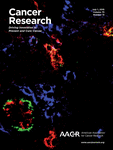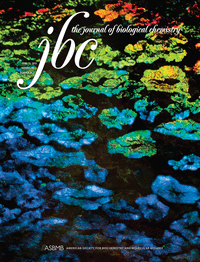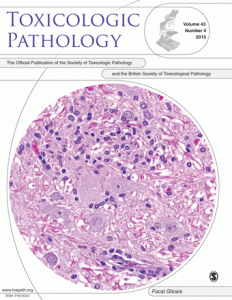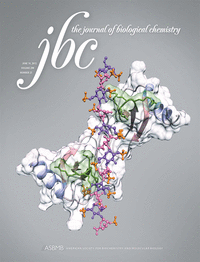 A JAMA letter published in April on data breaches accidentally included some data that shouldn’t have been published, either — specifically, “wording and data errors” that affected five sentences and more than 10 entries in a table. One result — a reported increase in breaches over time — also went from statistically significant to “borderline” significant, according to the first author. (So yeah, this post earns our “mega correction” category.)
A JAMA letter published in April on data breaches accidentally included some data that shouldn’t have been published, either — specifically, “wording and data errors” that affected five sentences and more than 10 entries in a table. One result — a reported increase in breaches over time — also went from statistically significant to “borderline” significant, according to the first author. (So yeah, this post earns our “mega correction” category.)
According to an author, an “older version” of a table made it into the letter, “Data Breaches of Protected Health Information in the United States,” which was corrected in the journal’s June 23/30 issue.
The letter and table in question detail 949 breaches of “unencrypted protected health information.” The letter says the number of breaches has increased from 2010 to 2013; the original article claimed that the P value on that increase was <.001, but the correction says it’s really 0.07. The original says 29.1 million personal records were affected in those breaches; the real number is 29.0. And so on.
Continue reading JAMA issues mega-correction for data breach letter due to “wording and data errors”
 Another domino has fallen in a
Another domino has fallen in a 






